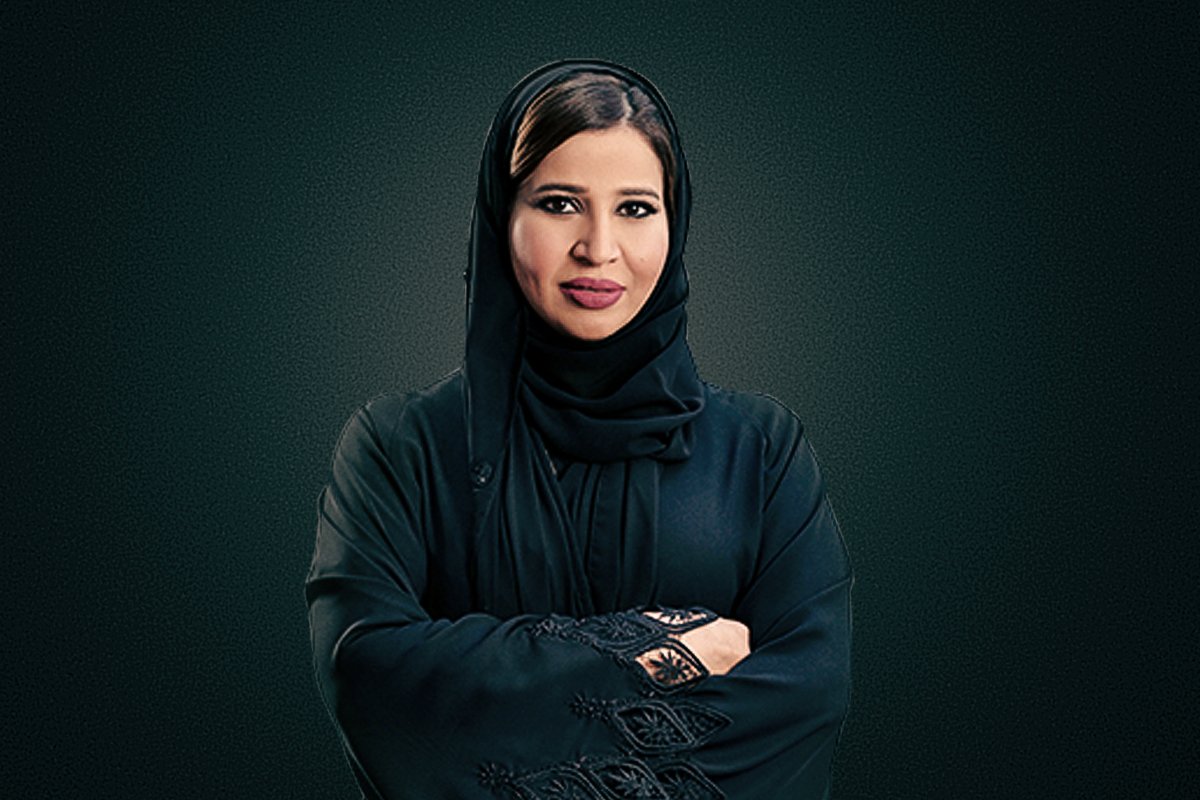The Middle East has traditionally been perceived as a challenging environment for female entrepreneurs. However, in recent years, a transformative shift has taken place, with women across the region breaking barriers and leading a growing number of successful startups. As the business landscape evolves, female entrepreneurs are reshaping industries, driving innovation, and redefining leadership in the Middle East.
From fintech to e-commerce and sustainable fashion, female-led startups are making their mark, supported by progressive government initiatives, mentorship programs, and access to funding. This article explores the rise of female entrepreneurship in the Middle East, highlighting the challenges, the opportunities, and the inspiring women behind some of the region’s most successful startups.
1. A Changing Landscape for Female Entrepreneurs
Over the past decade, governments across the Middle East, particularly in the UAE, Saudi Arabia, and Egypt, have recognized the importance of supporting women in business. A range of initiatives has been introduced to foster female entrepreneurship, from easing business registration processes to offering financial incentives and dedicated mentorship programs.
In the UAE, for example, the Dubai Business Women Council (DBWC) has been instrumental in empowering women to start and grow their businesses. Meanwhile, Saudi Vision 2030 includes a strong focus on increasing female workforce participation and promoting gender equality in the workplace. In Egypt, the National Council for Women (NCW) has launched initiatives to provide training and resources for women-led businesses.
With more support and resources available, women in the Middle East are increasingly stepping into the entrepreneurial world, and the region is witnessing the rise of female-led startups across various industries.
2. Leading Female Entrepreneurs in the Middle East
Several high-profile women are leading the charge in entrepreneurship, paving the way for future generations of female leaders. These entrepreneurs are not only excelling in traditionally male-dominated industries but also driving innovation in emerging sectors such as fintech, health tech, and fashion.
- Raja Al Mazrouei (UAE): As the Executive Vice President of the Dubai International Financial Centre (DIFC) Fintech Hive, Raja Al Mazrouei has played a pivotal role in supporting fintech startups in the UAE. Under her leadership, the Fintech Hive has become a leading accelerator for financial technology startups, with a focus on empowering female entrepreneurs through mentorship programs and funding opportunities.
- Nayla Al Khaja (UAE): Known as the UAE’s first female film producer and director, Nayla Al Khaja founded Nayla Al Khaja Films, a startup focused on creating culturally relevant and globally appealing content. Her success in the entertainment industry is breaking new ground for women in a traditionally male-dominated field.
- Sara Al Madani (UAE): A serial entrepreneur, Sara Al Madani has founded multiple successful ventures in industries ranging from fashion to tech. She is a partner in several startups, including the innovative tech company HalaHi, a platform that connects fans with celebrities through personalized video shout-outs. Her leadership and innovative approach have inspired many young women to enter the business world.
- Mona Ataya (UAE): As the founder and CEO of Mumzworld, the leading e-commerce platform for mothers and children in the Middle East, Mona Ataya has disrupted the region’s online retail sector. Her business has grown into a trusted brand, empowering women and providing them with essential resources for their families.
- Reem Asaad (Saudi Arabia): Reem Asaad, CEO of the fintech platform Tamatem, has revolutionized the gaming industry in Saudi Arabia. Tamatem, which focuses on Arabic mobile games, has attracted millions of users across the region. Reem’s leadership in a male-dominated sector exemplifies the opportunities available for women in tech.

3. Government Initiatives and Support Programs
One of the critical factors driving the rise of female-led startups in the Middle East is the increasing support from government initiatives and programs designed to empower women in business. Countries such as the UAE, Saudi Arabia, and Bahrain have implemented a variety of policies to promote gender equality in the business sector.
In Saudi Arabia, Vision 2030 has been a game-changer for female entrepreneurs. The government has made it easier for women to start businesses by removing several legal restrictions, providing access to business loans, and promoting equal access to job opportunities. Additionally, the Monsha’at program offers financial support and training specifically for female entrepreneurs, helping them overcome some of the unique challenges they face.
The SheTrades Middle East Hub, launched by Dubai Exports and the International Trade Centre, is another example of government-backed initiatives that aim to connect women entrepreneurs to global markets and opportunities. By providing access to training, finance, and trade networks, the program is helping to boost the visibility and competitiveness of female-led businesses.
4. Overcoming Challenges: Barriers and Opportunities
Despite the progress, female entrepreneurs in the Middle East still face a range of challenges that can impede their success. These challenges include cultural barriers, limited access to funding, and navigating male-dominated industries.
Access to Funding: Securing capital remains one of the most significant hurdles for female entrepreneurs in the region. Historically, women-led businesses have received a disproportionately low percentage of venture capital compared to their male counterparts. However, several venture capital firms and angel investor networks are working to close this gap. For example, Wamda Capital and Womena are actively investing in female-led startups and providing mentorship to women entrepreneurs.
Cultural Barriers: In certain parts of the Middle East, societal expectations and cultural norms may discourage women from pursuing entrepreneurship. While there has been significant progress in countries like the UAE and Saudi Arabia, there is still work to be done to shift mindsets in more conservative regions. Nevertheless, women entrepreneurs are finding ways to navigate these challenges by leveraging family support, online platforms, and mentorship programs.
Access to Networks: Building a strong business network is crucial for any entrepreneur, but women often face more difficulty in establishing these connections. Initiatives like the MENA Businesswomen’s Network and Womena are addressing this issue by providing women with access to industry leaders, investors, and potential business partners.

5. Industries in Focus: Where Female Entrepreneurs are Thriving
Female entrepreneurs in the Middle East are making waves across several high-growth sectors. From tech to fashion, here are some industries where women are leading the charge:
Fintech: Women are increasingly playing a key role in the fintech sector, particularly in digital payments and financial inclusion. Startups like BitOasis, founded by Ola Doudin, have revolutionized the region’s cryptocurrency landscape and are helping to create new opportunities for financial empowerment.
E-commerce: The e-commerce industry has seen a surge in female-led startups, particularly as the demand for online shopping grows. Platforms like Mumzworld and The Modist have capitalized on this trend, catering to the unique needs of Middle Eastern consumers.
Health Tech: Female entrepreneurs are also making their mark in health tech. For example, Vezeeta, founded by Amira Yahyaoui, is a health tech platform that connects patients with doctors and provides easy access to medical services.
Fashion and Beauty: The fashion and beauty industries have long been dominated by female entrepreneurs, with women like Huda Kattan of Huda Beauty building global empires. Middle Eastern fashion startups are gaining international recognition, blending modern trends with traditional styles to create unique offerings.

6. The Future of Female-Led Startups in the Middle East
The future looks promising for female entrepreneurs in the Middle East. With more opportunities, resources, and support than ever before, women are becoming an integral part of the region’s startup ecosystem. As societal norms continue to shift and government policies evolve, we can expect to see even more women launching successful ventures and driving economic growth in the region.
The rise of female-led startups is not just a trend; it’s a movement that is empowering women, creating jobs, and contributing to the region’s overall economic development. As more female entrepreneurs break down barriers and lead successful businesses, they are inspiring future generations of women to pursue their entrepreneurial dreams.
Conclusion
The Middle East is witnessing a dynamic shift in its entrepreneurial landscape, with women leading the charge in innovation, leadership, and business growth. From tech and e-commerce to fashion and fintech, female entrepreneurs are driving progress across industries and paving the way for future generations. With continued support from governments, investors, and networks, the rise of female-led startups will play a vital role in shaping the region’s economic future.
Image Courtesy Notice
At The Storiez, we value the efforts of photographers, artists, and content creators. The images featured in our articles are sourced from various news portals and online websites. We strive to ensure proper credit is given wherever possible. If you are the rightful owner of any image used here and would like to request its removal or correct attribution, please feel free to contact us. We respect intellectual property rights and aim to address concerns promptly.

